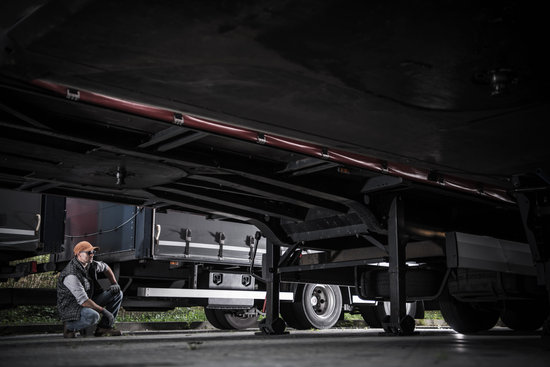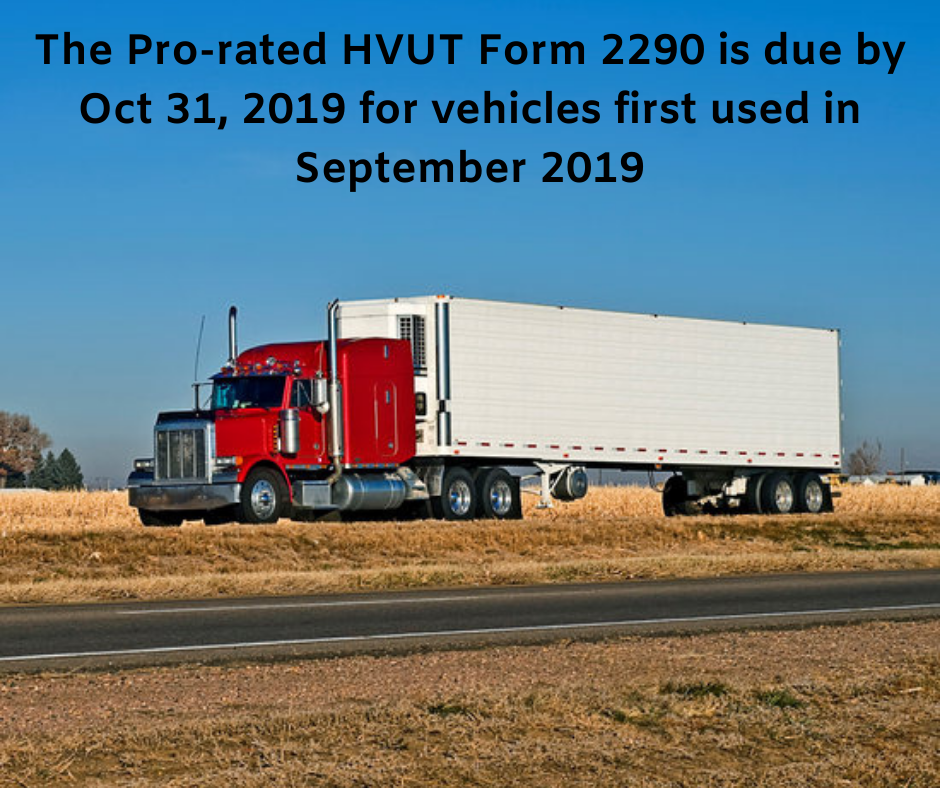
Are you facing form rejections while filing your HVUT Form 2290? Well there are three different factors which plays a major role in getting your form rejected. These rejections are mostly dues to small errors and can be rectified right away. Let’s see the factors in detail for a better and accurate filing of your taxes.
- RTN rejection (Routing Transit number entered wrong).
- EIN rejection
- Due to New EIN.
- Due to Mismatch in the name and address registered to the EIN
- VIN duplication.
RTN Rejection: This rejection occurs when you enter the Routing Transit Number wrong while declaring your account details when choosing the IRS tax payment method as EFW (Electronic Funds Withdrawal). The most common possibilities of mistakes are entering the Routing number wrong or by interchanging the account number in the place of routing number or vice versa
EIN rejection: The IRS rejected your form 2290 when the EIN is rather new or if the Name of your business and Address doesn’t match with the IRS records.
- If your EIN is a new one the IRS needs 15 Business days (excluding weekends and federal holidays) to recognize a new EIN and process the filing. Any Filing done with the EIN which is less than 15 business days will end up rejected.
- When you EIN Doesn’t match with the IRS records the form will be rejected. The address and the name of the business registered while obtaining the EIN should match with the current address and name while filing. This error occurs when a customer has a recent change of address and fails to report to IRS before filing.
This can be rectified by checking the address change box while reporting your vehicle there by informing the IRS about the change in address and if any changes to be done on the business name, you need to contact the IRS and have it changed before you can file the taxes.
VIN duplication: The IRS doesn’t normally accept double payments or double filings hence this rejection happens. Let’s assume if your vehicle was traded or bought from a dealer for which the taxes were already paid in full by the previous owner. When you report the same vehicle under the business the IRS would reject the form stating “VIN duplication”. Hence you need to contact the previous owner of the truck and with their consent you need to call the IRS to have the name and address changed on the 2290’s.
By keeping in mind of all these things you can successfully get you schedule-1 copy within minutes smoothly.









